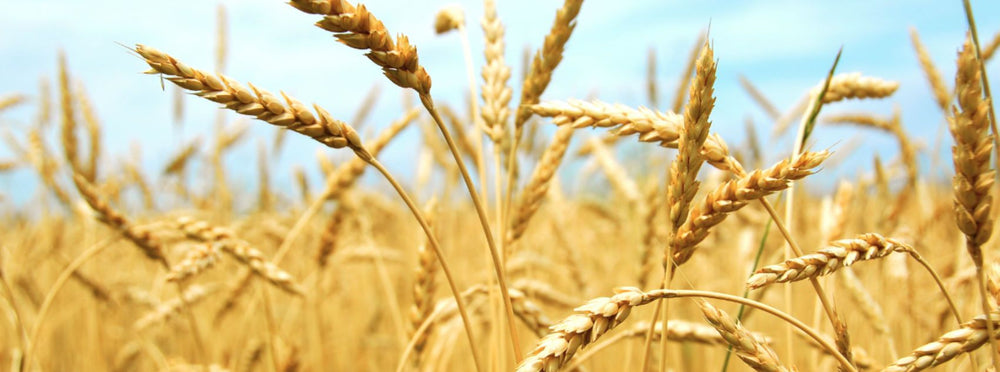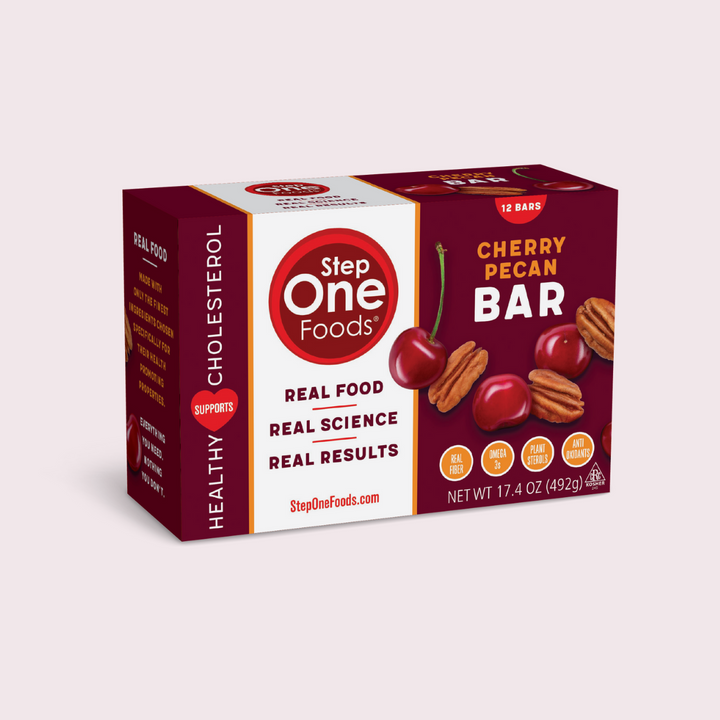Whole grains are NOT bad for your brain - or your belly

Wheat is under assault.
If you’ve read “Wheat Belly” or “Grain Brain,” or noticed “Gluten-Free!” slapped across a dizzying array of food products, you probably have the impression that wheat is unhealthy.
We at Step One Foods maintain that wheat and whole grains are foundational to health and should be included in all our diets (unless, of course, you have celiac disease). Wheat has been an integral component of the human diet for centuries. And the data supporting the health benefits of a whole-food plant-based diet, which includes whole grains, (yes, even wheat!), is voluminous and consistent.
Critics of wheat and gluten say alterations in the wheat plant, driven by modern agriculture and genetic engineering, have wreaked havoc on our health. Others insist that our history as hunters and gatherers means we were never meant to eat grains, and their consumption leads to obesity and even dementia.
This anti-wheat hysteria is silly. A grain of wheat, planted in soil, yields a plant. That seed contains everything required to support life – which is amazing in and of itself. Is that grain different than it was centuries ago? Yes, but so are the new apple varieties we all enjoy (my latest apple obsession is Sweet Tango – it’s amazing!). The process of pollination naturally contributes to the changing characteristics of all plants. And we purposefully crossbreed certain plants to obtain new varietals or to favor certain attributes. That doesn’t make them automatically bad for us.
What has changed the most – almost fundamentally - is how people use wheat. Most food companies mill it, remove all the beneficial components–-including the germ, the endosperm, and the fiber–-and then combine what’s left with sugars, preservatives, artificial colors, flavors and chemical additives. Is it any surprise, then, that when we stop eating these highly processed foods that contain “wheat” we feel better, experience more energy and less brain fog, and even lose weight?
At this point you might be wondering why, then, are Step One foods wheat and gluten free? It’s NOT because of the hype surrounding wheat and gluten. Rather, it’s because we take the health of all our customers very seriously. Turns out celiac patients are at a significantly increased risk of developing cardiovascular disease – likely because they have to eliminate so many whole grains from their diets – and we wanted to make sure that this high risk group could also benefit from our approach. So instead of whole grains from wheat, all our products contain purity protocol oats, as well as chia seeds and flax seeds.
Common sense is a great tool for sorting through all the confusing marketing messages, books, “documentaries” and articles about diet. Just make sure your skepticism is always as healthy as your diet.

Try our Newest Bar!
Cherry Pecan Bar
Discover the perfect harmony of cherries and pecans in our Cherry Pecan Bar. Montmorency cherries, renowned for their antioxidant and anti-inflammatory properties, are combined with premium pecans to create a delicious blend of sweet, tart, and nutty flavors. Packed with white chia seeds, flax, and walnuts, this bar offers more than just taste—it's a superfood-filled snacking option. Our Cherry Pecan Bar is the perfect choice, whether you're on the go or seeking a nourishing treat.
Get heart health tips and articles like this, delivered right to your email.
New articles every week.
You may also like...

How bad is heart disease in your state? And what can you do about it?

You don’t need to avoid foods with cholesterol…except for these



